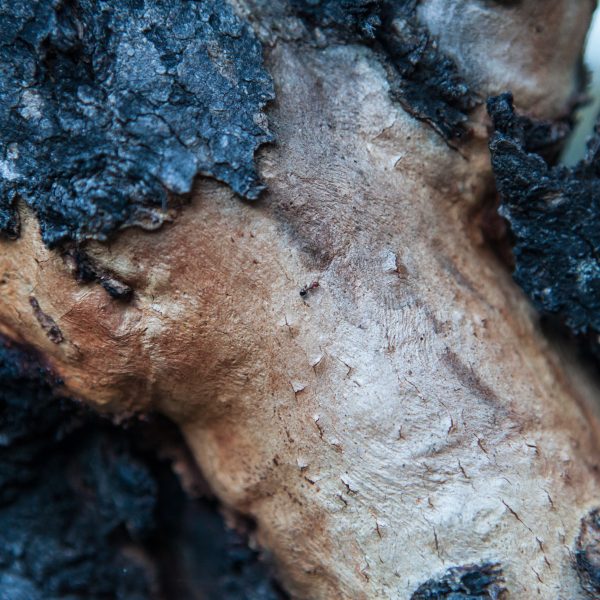MCRI issues advice about infants and bushfire smoke

The Murdoch Children’s Research Institute (MCRI) has issued advice about the impact of bushfire smoke on the lungs of infants, as much of the country struggles to manage the decline in air quality arising from the persistent bushfires, which unfortunately look likely to continue in the coming months.
Associate Professor David Tingay is an NHMRC Research Fellow and Co-Leader of the institute’s Neonatal Research Team, preparing the following information on behalf of the institute.
Bushfires create smoke which suspends particulate matter in the air we breathe, Associate Professor Tingay said. Some of these particles are small enough to be breathed deep into the lungs. Appropriately, governments and public health authorities have been quick to highlight health warnings for the most vulnerable in our community, including infants and pregnant mothers.
For the developing lung there is no safe level of air pollution but fortunately the risks from exposure to bushfire smoke are most likely short-term. Infants are at greater risk from air pollution, he said, because of their smaller lungs and faster breathing rate. In addition, early life is a critical window for lung development.
“The lung grows like a tree, beginning with the trunk (trachea) and then branching into smaller and more complex parts. It is not until 34 weeks of pregnancy that the fetal lung has developed enough alveoli (the critical part of the lung in which oxygen enters the body) to safely support independent breathing. The growth of new alveoli does not stop at birth, with this process continuing well into later childhood. This provides the infant lung with remarkable abilities to tackle challenges. Unfortunately, it also means the infant and fetal lung is susceptible to insults” he said.
Due to their small size, faster breathing rate and growing lungs infants can not manage the same exposure load to airborne particulate matter. Infants airways are also more reactive to new insults and challenges. For most infants the relatively short exposure to bushfire smoke will have minimal impact beyond irritating the airways and increasing the risk of coughing and respiratory infections. Infants with pre-existing illness, especially those born preterm or with congenital heart defects are at greater risk of worse respiratory complications or exacerbation of existing chronic lung problems.
While it is unlikely that infant lungs will be impacted in the short and medium term in the same way as they would be with exposure to chronic exposure to airborne pollutants in urban environments, given the type of pollutants in the air differ from those caused by the bushfires, and the exposure has usually been much longer, over years, there is little research about the short, medium and long term effects of exposure to bushfire smoke, and historically smoke exposure has been short.
In terms of how educators, parents and caregivers can best support infants at this time, Associate Professor Tingay made the following suggestions:
- Young children and pregnant women should limit outdoor exposure and keep doors and windows closed on high air pollution days.
- If a child has an existing heart or lung condition they may be more susceptible to the effects of smoke. They are more likely to need any prescribed reliever medication.
- If a child develops difficulty breathing, and/or wheezing attend a Local Doctor or call 000 immediately if concerned.
For information about working with children, families and communities as the fires persist, please see here.
Popular

Quality
Practice
Provider
Research
Workforce
Honouring the quiet magic of early childhood
2025-07-11 09:15:00
by Fiona Alston

Workforce
Policy
Quality
Practice
Provider
Research
The silent oath: Why child protection is personal for every educator
2025-07-17 09:00:31
by Fiona Alston

Practice
Provider
Quality
Research
Embedding cultural safety and responsiveness to strengthen belonging in early childhood education
2025-07-14 13:21:23
by Contributed Content











